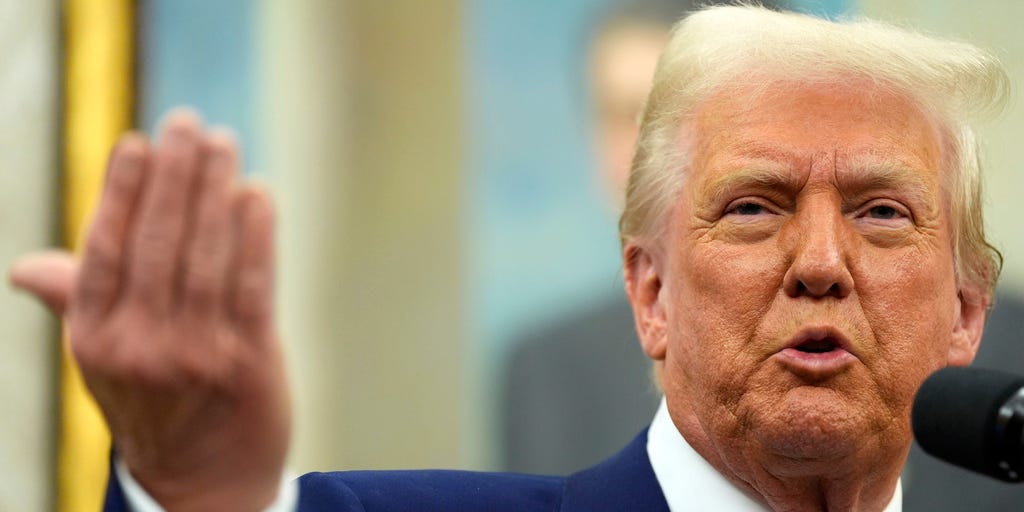A federal judge on Wednesday took the remarkable step of finding probable cause to hold the Trump administration in criminal contempt for violating his order to turn around a pair of El Salvador-bound planes carrying deportees.
Under a 46-page opinion by US District Judge James E. Boasberg, the administration would have several off-ramps for avoiding an actual criminal contempt prosecution against any federal officials or Justice Department lawyers.
The DOJ itself would get first crack at potentially prosecuting the administration’s own people. Under the federal criminal procedure rules, the judge could also step in “in the interest of justice” and appoint an outside council.
More significantly, President Donald Trump’s pardon power would enable him to void any prosecution or its consequences, legal experts told Business Insider.
“Yes, the president’s pardon power does reach criminal contempt prosecutions,” said Margaret Love, a clemency attorney and the US Department of Justice pardon attorney between 1990 and 1997.
“And in fact, his very first pardon during his first term in office was issued in a criminal contempt case,” Love said, referring to former Arizona sheriff Joe Arpaio.
Arpaio was pardoned in 2017 after being found guilty of criminal contempt for violating a 2011 court order in a racial profiling case.
Wednesday’s decision by Boasberg, who sits in Washington, DC, found that there was probable cause to find the Trump administration exhibited “willful disobedience of judicial orders” for ignoring his order from last month to immediately turn around planes full of deportees headed to an El Salvador prison.
The Trump administration has argued it did not violate the judge’s orders because the planes had already left the United States.
The US Supreme Court vacated Boasberg’s order blocking the deportation and said Texas, not DC, has jurisdiction over deciding if the federal Alien Enemies Act was properly applied in removing the deportees from the country.
Still, that “does not excuse the Government’s violation,” Boasberg wrote Wednesday, in pursuing a possible contempt conviction.
Boasberg in his opinion offered several steps before contempt would be prosecuted.
First, the administration could seek to remedy, or “purge” the violation of the judge’s order, including by recognizing that the White House retains some control over what happens to the deportees, something Trump has so far denied. The deportees could then challenge their detentions in a US court.
The administration could also suggest its own remedy, the judge wrote.
If the administration instead does nothing, the judge would begin the contempt process by determining which administration official or attorney is “responsible” for violating the turn-around order.
If the government failed to assist in naming who is responsible, the judge would make a determination after holding more hearings and seeking input from the detainees’ attorneys, the judge wrote.
“The next step,” the judge wrote, would be for the court to “request that the contempt be prosecuted by an attorney for the government.”
“If the Government ‘declines’ or ‘the interest of justice requires,’ the Court will ‘appoint another attorney to prosecute the contempt,'” the judge wrote, quoting from federal criminal procedure rules.
Trump spokesman Steven Cheung said the administration will appeal Boasberg’s finding.
“The President is 100% committed to ensuring that terrorists and criminal illegal migrants are no longer a threat to Americans and their communities across the country,” Cheung said.


